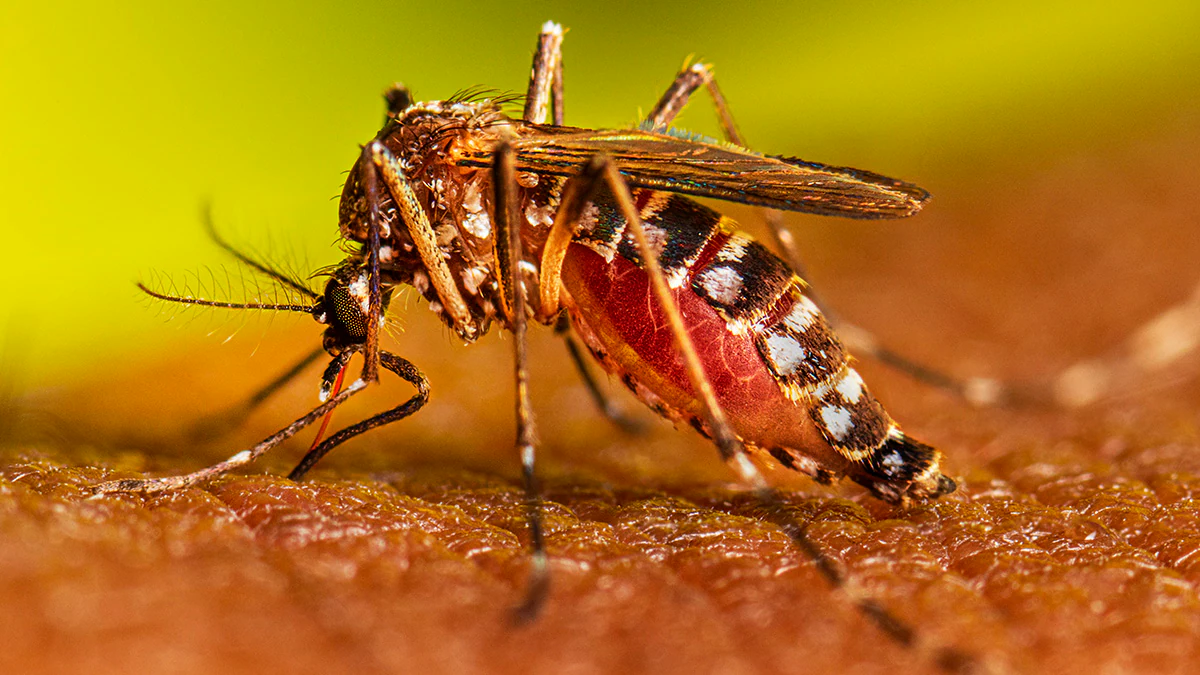In 2024, Punjab has witnessed a significant rise in dengue cases, with the total count now reaching 667. This includes 35 new cases reported in just the past 24 hours. This alarming increase underscores the persistent threat posed by this mosquito-borne viral disease, which continues to spread rapidly across the globe.
Dengue fever is caused by the dengue virus, which is transmitted primarily by female mosquitoes of the Aedes aegypti and Aedes albopictus species. These mosquitoes breed in stagnant water and are more prevalent in urban areas. The disease is characterized by high fever, severe headaches, pain behind the eyes, joint and muscle pain, rash, and bleeding.
To address the rising cases, authorities in Punjab have launched a comprehensive approach to combat dengue fever. Key initiatives include:
- Public Awareness Campaigns: Ongoing campaigns aim to educate the public about the prevention and risks associated with dengue. These initiatives focus on the importance of eliminating mosquito breeding sites and taking personal precautions to avoid mosquito bites.
- Enforcement of Dengue SOPs: The government is strictly enforcing Dengue Standard Operating Procedures (SOPs). For instance, recent enforcement actions have led to the booking of a tire shop owner in Kabari Bazaar for harboring dengue larvae at his workshop. Such measures are part of a broader effort to ensure compliance and reduce breeding sites.
Since the beginning of the year, the District Health Authority in Rawalpindi has been actively engaged in monitoring and controlling dengue outbreaks. As of June 23, 2024, surveillance efforts have identified dengue larvae at 8,064 locations. Of these, 6,735 cases were discovered during indoor inspections, while 1,361 sites were identified through outdoor inspections.
Dr. Sajjad Mehmood, the District Coordinator, reported that a total of 999 teams are working diligently to tackle the issue. These teams are divided into 788 indoor and 211 outdoor units, all focused on controlling and eliminating mosquito larvae.
The rise in dengue cases highlights the critical need for ongoing vigilance and community cooperation. Authorities are calling on residents to participate actively in dengue prevention by:
- Eliminating Standing Water: Regularly emptying containers and removing any potential breeding sites around homes.
- Using Mosquito Repellents: Applying repellents and wearing protective clothing to avoid mosquito bites.
- Seeking Medical Attention: Promptly seeking medical care if dengue symptoms are observed.
The recent surge in dengue cases in Punjab reflects a growing public health challenge that requires immediate and sustained action. The combined efforts of the government, health authorities, and the community are essential in combating the spread of dengue fever. Through continuous awareness, rigorous enforcement, and proactive public engagement, Punjab aims to reduce the incidence of dengue and ensure a healthier environment for all its residents.


Leave a Comment